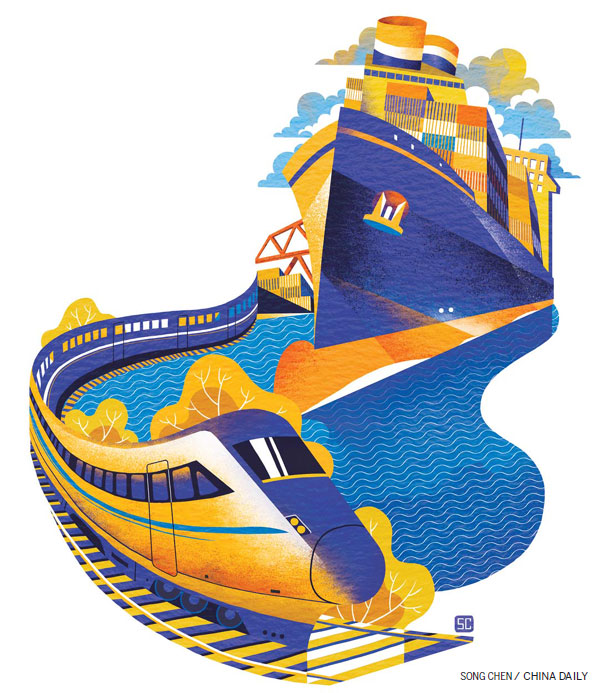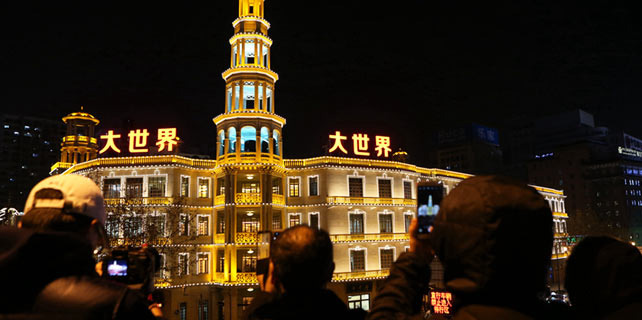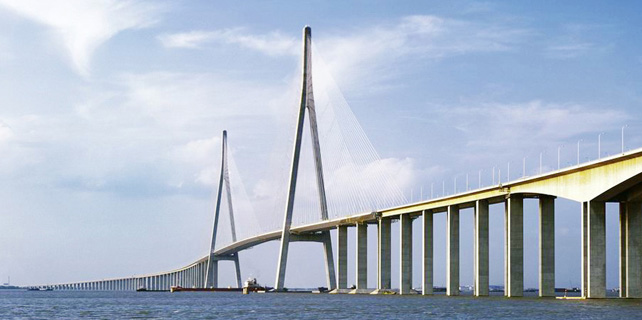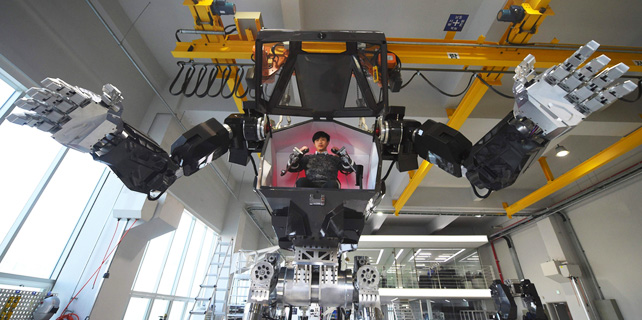China walks its own path to prosperity
After a turbulent 2016, and with emerging hostility in the United States, the country can rely on an ancient solution
The year 2016 proved to be a strange and difficult year for the world. The past 12 months have been turbulent for people everywhere. We have seen the continued rise of religious fundamentalism and the growing threat of terrorism by extremist groups, most recently in the atrocity committed in Berlin, where innocent people preparing for Christmas with their families and friends were murdered by a fanatic, intent on killing people whose views are not the same as his.
We witnessed serious political turbulence in Turkey over the summer with the attempted military coup against the elected president - followed by the assassination of a senior diplomat in Ankara. We lived through another year of suffering in the Middle East, not only in Aleppo, but also across large parts of Syria and northern Iraq, while fighting in South Sudan forced the United Nations to warn that the situation may soon turn to genocide unless action is taken to bring peace in the country.

It has been a year when we have been reminded of the problems and dangers posed by climate change, not least in China, where there has been a stern reminder in recent weeks of the need to protect our environment and focus on growth that is truly sustainable.
The two greatest shocks, however, have come from the Western world. First, in June, the United Kingdom voted for Brexit. What this will mean is not yet clear. However, the significance is not so much what it means for the UK and its relationship with the European Union or for its dealings with other countries around the world - especially when it comes to trade. Rather, the issue is whether the UK's vote demonstrates the first point of collapse of the European Union itself. Elections in 2017 in France and Germany in particular will turn in large part on many of the questions raised during the Brexit vote - about democracy and accountability, about freedom of movement and the future of the single currency.
This is important as far as China is concerned, and especially for Chinese businesses that either buy from or sell into countries within the European Union. As anyone involved in commerce knows, the worst thing in business is uncertainty. Not knowing what tariffs will (or will not) apply in the future is difficult for all those involved in a transaction. So too is the lack of clarity as to what decisions will be made in the coming months, and what their implications will be for both buyer and seller, who need to be planning ahead, especially in complex industries that come with heavy up-front capital costs.
The second major shock wave has come in the United States, where the election of Donald Trump confounded the pollsters and analysts and threatens to upset an already uneasy global equilibrium. Trump raged against many targets during the election campaign, from Muslims to Mexicans - but also against China. The Chinese have been using the US as a piggy bank to rebuild China, he said in the buildup to the election, as well demanding that the US must stop jobs from being stolen.
It is tempting to be carried away by such grandstanding rhetoric, and foolish to take it at face value. The Trump administration will be defined by what the president does now, rather than by what he has said. Besides, it would be foolish not to recognize that there is some truth in his observation that employment in the United States has been profoundly affected by the shift of manufacturing - and of jobs - primarily to Asia, and above all to China.
The appointment of Peter Navarro, author of books titled The China Wars and Death by China, to the high profile role as head of the newly created White House National Trade Council is not promising for those who prefer to see transitions take place calmly and slowly. His urging consumers in the US to "Help defend America and protect your family: Don't buy Made in China", suggests a tough line in months to come as Trump seeks to "make American manufacturing great again".
The picture need not be gloomy for Chinese business, even in the event that relations with the US and the problems in the EU force a change of direction. Just over 2,000 years ago, Zhang Qian was sent out by the rulers of Han China to explore what opportunities lay to the west - in Central Asia. The envoy reported back that there were flourishing markets that had yet to be explored, where "all sorts of goods are bought and sold". There were many opportunities to look into that would serve to strengthen the economy at home and to enrich those abroad.
Building connections across the spine of Asia was a key point in China's development 20 centuries ago. These helped bring new ideas from far away, as well as goods and products - ranging from spices to foods, from technologies to scholarship - while opening a window for China onto the world beyond.
What happens within the European Union and the United States, and in the relations of both with China and elsewhere, will be matters of profound importance for the global community. But it is the same region that Zhang Qian visited that is where China's future now lies. Some two-thirds of the world's population live in the countries of the Silk Roads - those lying along the Belt and Road Initiative. Many of these countries have large populations, such as Pakistan (nearly 200 million), Bangladesh (150 million), Iran (80 million), and of course India (1.2 billion) and Russia (150 million).
These represent substantial markets individually. Collectively, they represent something much more important. Many are blessed with natural resources - like oil, gas, tin, zinc, gold, silver and more - that will play a major part in China's own development in coming years. But all are filled with possibilities for businesses to cooperate and expand locally. Finding good partners locally requires patience and knowledge: To trust someone, especially when it comes to business, you need to understand them. That starts with understanding their history and understanding how you yourself are perceived - in other words, how they understand your history.
The Silk Roads are rising. They will do so regardless of what decisions are made in London, Paris or Washington. The last 12 months have been difficult for many of the countries that are part of the Belt and Road Initiative, for a variety of reasons. However, as projects like the China-Pakistan Economic Corridor and the new deep-water port at Gwadar, Pakistan, show, there is considerable potential in the months and years to come. As Zhang Qian noted, the trick is to prepare properly, to find out what is being bought and sold, and not to rush to do too much too fast. The peoples lying west of China may have been "poor in the use of weapons", but they have always been "very clever when it comes to commerce".
Preparing properly, setting realistic expectations and planning ahead is the key to unlocking the treasures of the overland and maritime Silk Roads. As has been the case for thousands of years.
The author is a senior research fellow at Worcester College, Oxford. His book, The Silk Roads: A New History of the World, is an international best-seller. The views do not
necessarily reflect those of China Daily.
(China Daily European Weekly 12/30/2016 page8)


















